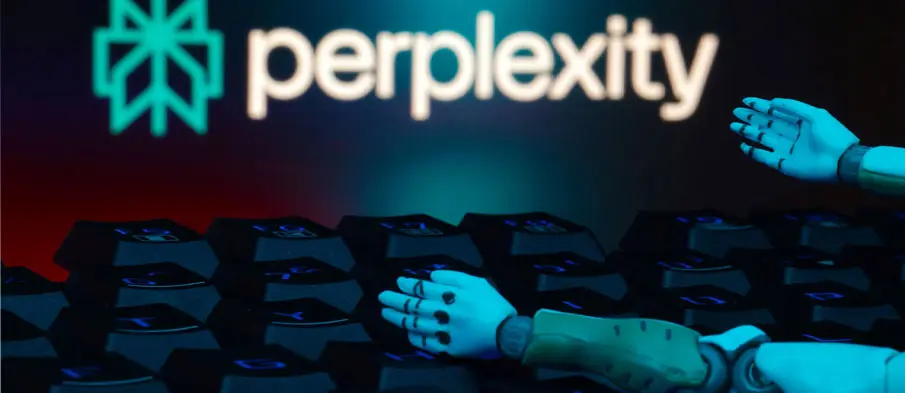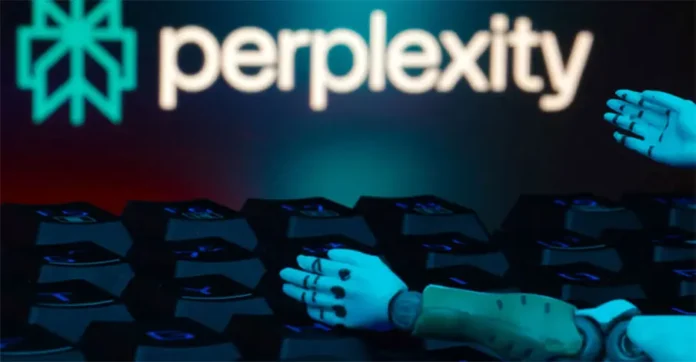
AI startup Perplexity, led by CEO Aravind Srinivas, is under fresh scrutiny as two of Japan’s largest media houses—Nikkei and Asahi Shimbun—have filed lawsuits accusing the company of illegally copying and storing their content to train its AI search engine. The media groups allege that Perplexity not only ignored technical safeguards designed to prevent scraping but also used their journalism without authorization, raising alarms about the future of credible news in the AI era.
This legal move highlights a growing global backlash from publishers who argue that AI firms’ reliance on scraped content threatens both the integrity of journalism and the economic viability of newsrooms. The Digital News Publishers Association (DNPA), representing major Indian outlets, has also taken a firm stance against unauthorized content use by AI firms such as Perplexity.
According to Nikkei (owner of the Financial Times) and Asahi Shimbun, Perplexity’s systems relied on their copyrighted content to provide AI-generated answers across its platforms. Srinivas has previously argued that AI will soon render traditional search obsolete, urging Google and others to evolve—though critics point out this vision depends heavily on accessing publisher content without adequate permissions or revenue sharing.
The debate isn’t limited to Japan. In India, news publishers are preparing lawsuits over copyright breaches, with ANI already filing a case against OpenAI in the Delhi High Court last year. Globally, The New York Times has sued OpenAI in the U.S., while European publishers are divided—some have signed licensing deals, while others block AI crawlers outright.
Japan allows limited AI training on copyrighted material but prohibits wholesale copying and storage without consent. Companies are also expected to respect “robots.txt” codes that restrict automated scraping. Violating these measures, experts argue, amounts to “commercial free riding” on the work of journalists. The DNPA has called for legal frameworks and revenue-sharing models, stressing, “AI innovation is important, but it cannot come at the cost of undermining journalism, which is the cornerstone of democracy.”
Perplexity, currently valued at $18 billion, has signed some revenue-sharing agreements with international publishers such as Fortune, Time, Le Monde, Der Spiegel, and the Los Angeles Times, and allocated $42.5 million for compensating media houses. However, none of these deals extend to India, leaving questions over how the company will address mounting legal challenges across jurisdictions.





